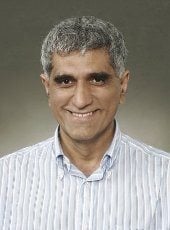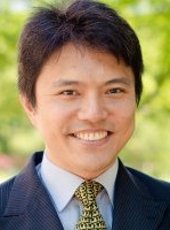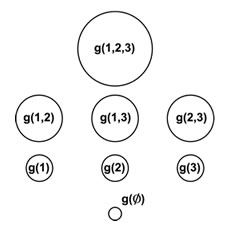 Tony Pinar (ECE), Tim Havens (ECE/CS) and Joe Rice’s (CS) paper, titled “Efficient Multiple Kernel Classification Using Feature and Decision Level Fusion,” in IEEE Transactions on Fuzzy Systems was one of two papers from the transactions featured in IEEE Computational Intelligence Magazine as a CIS Publication Spotlight.
Tony Pinar (ECE), Tim Havens (ECE/CS) and Joe Rice’s (CS) paper, titled “Efficient Multiple Kernel Classification Using Feature and Decision Level Fusion,” in IEEE Transactions on Fuzzy Systems was one of two papers from the transactions featured in IEEE Computational Intelligence Magazine as a CIS Publication Spotlight.
DOI: 10.1109/TFUZZ.2016.2633372
Extract: Kernel methods for classification is a well-studied area in which data are implicitly mapped from a lower-dimensional space to a higher dimensional space to improve classification accuracy. However, for most kernel methods, one must still choose a kernel to use for the problem. Since there is, in general, no way of knowing which kernel is the best, multiple kernel learning (MKL) is a technique used to learn the aggregation of a set of valid kernels into a single (ideally) superior kernel.
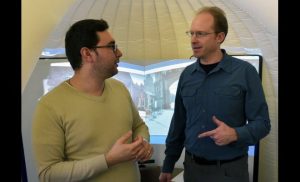


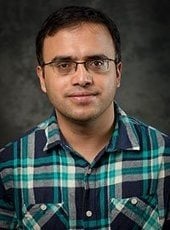
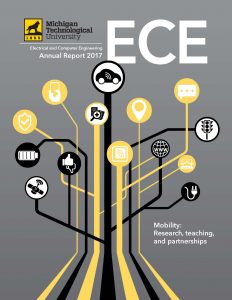

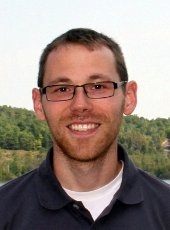
 Tonight’s viewers of
Tonight’s viewers of 